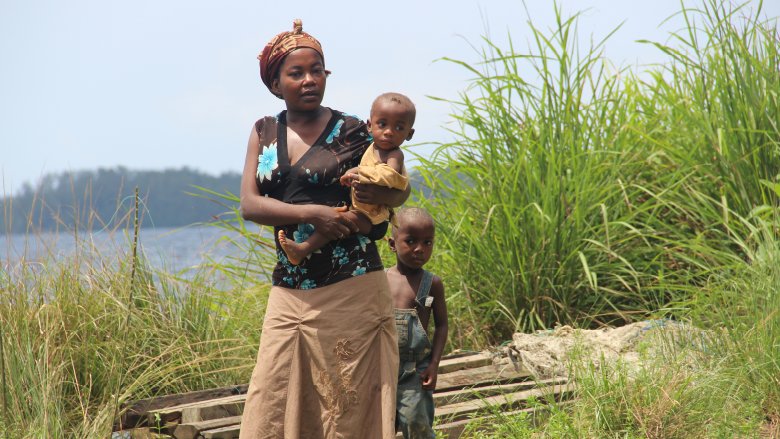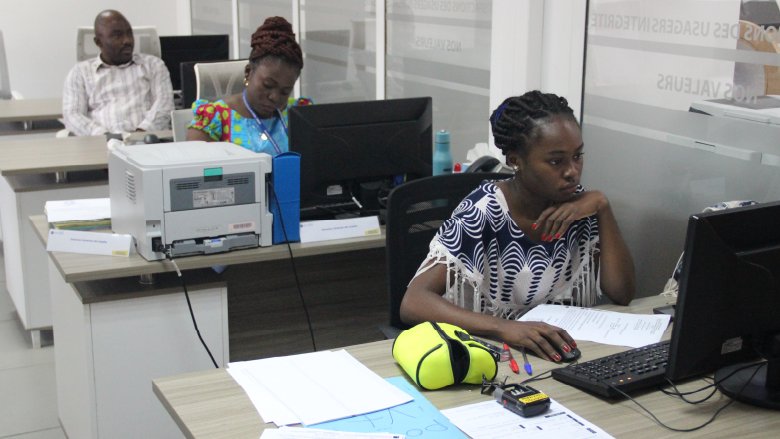Other reforms to the civil code mean women will have a say in where they live with – or without – their husbands as a couple, as well as choosing their line of work. A husband can no longer ask a court to stop his wife from working outside the home in the interest of the family. Decisions about household property and finances have become a joint right and responsibility for the husband and wife to share.
“You cannot imagine how difficult it was to pass these rights concerning the family,” mentions Pepecy Ogouliguende, the head of Malachie NGO in Gabon, “particularly the removal of the provision in the legal text that said that the man was the head of the family. That was really hard work. A lot of lobbying, advocacy, awareness, and explanation had to be done.”
Gabon also prohibited gender-based discrimination in financial services, making it easier for women to access credit. “We have seen that more and more women are experiencing financial inclusion. There is a little more access to financing,” said Ogouliguende in an audio interview with the Bank. “There is this desire among these women to be banked and able to have better financing possibilities to increase their income generating activities, and even get out of the informal sector.” NGOs, such as her own, have seen more women come forward to join empowerment programs and take on the work on the ground.
A government taskforce, Gabon Equality, was instrumental in changing parts of the civil code, as was the work of civil society organizations, including the Sylvia Bongo Ondimba Foundation. Together with the World Bank’s country office in Gabon, the Women, Business and the Law team organized several events to support these efforts. During the launch conference of the Women, Business and the Law 2020 report in Libreville in January 2020, policy makers and women’s rights advocates from 14 West and Central African economies discussed what stops women from fully and equally participating in society. Many women entrepreneurs spoke about the challenges they face, yet also showcased their strong entrepreneurial spirit and economic successes. Discriminatory laws were identified as just one of many barriers, which also include negative stereotypes against working women and a lack of role models and support networks.
Such legal reform can be very complex. “First, giving certain prerogatives to the husband under the civil code from 1972 does not reflect the fundamental contributions of women to the Gabonese economy today,” explains Julia Braunmiller, a Gender Specialist at the World Bank Group, “and second, women do face additional barriers compared to men, such as lack of credit to start a business and experience of domestic violence and sexual harassment.”
Importantly, the reforms include new legislation designed to protect women from violence. Research indicates that 90% of victims of sexual violence in Gabon are women. Gabon’s new law establishes many good practices, including by providing criminal penalties for violent crimes committed against women and requiring protection orders for victims of violence to be delivered within two days after receipt of a complaint.
“At Women, Business and the Law, we put a lot of thought into what is the best way to design our data so that is useful for countries that are looking to reform laws and give women better economic opportunities,” says Julia Braunmiller, “it’s wonderful to see how Gabon relied on data and research to make the case for gender equality under the law.”



